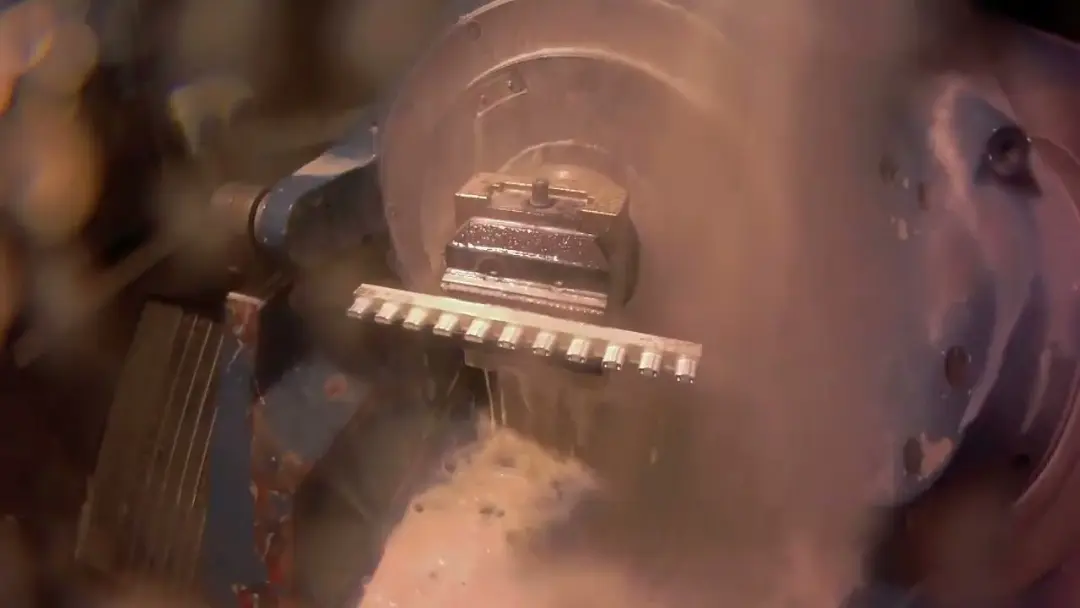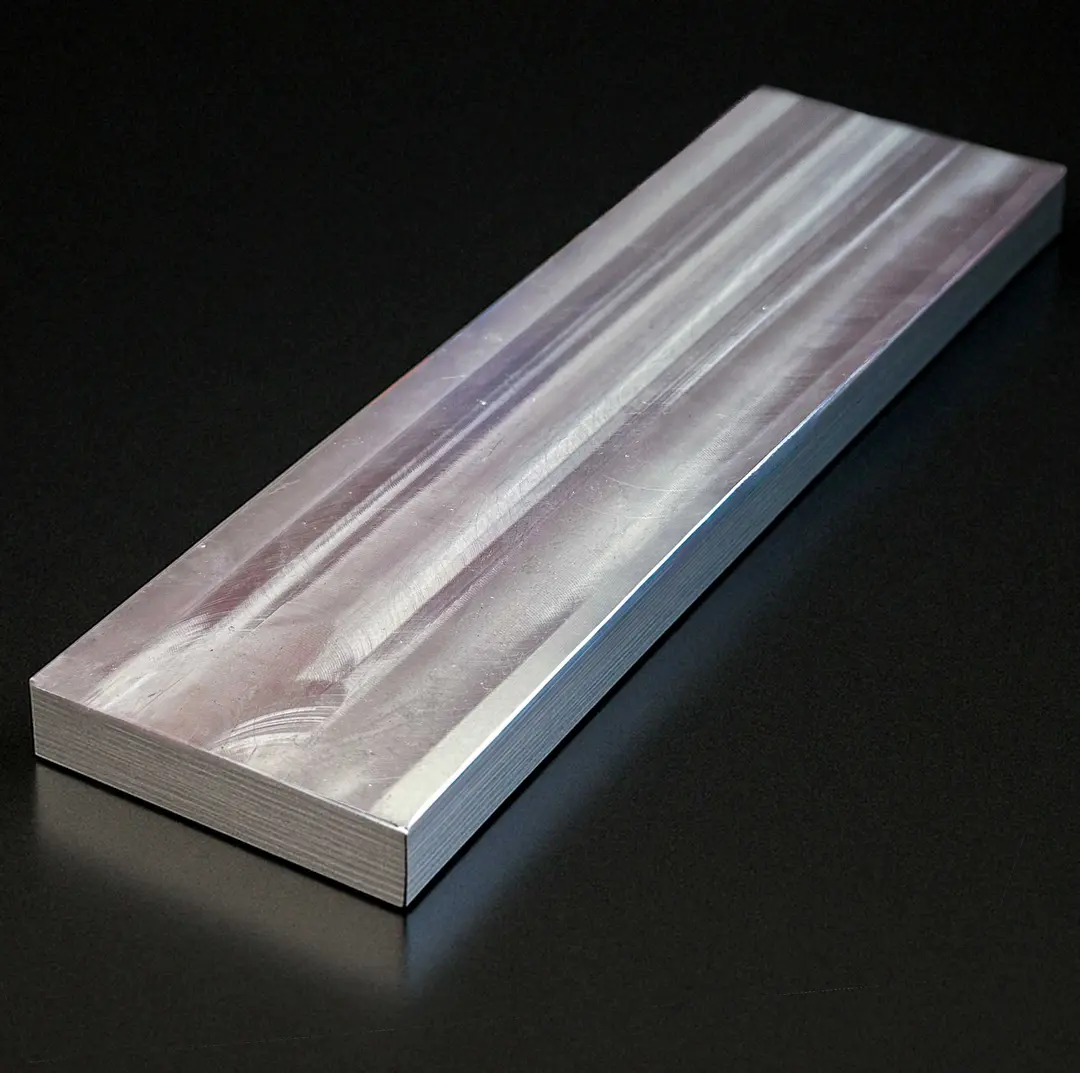Table of contents
 Get a quote
Get a quote

When your components are exposed to moisture, chemicals, or saltwater, choosing corrosion-resistant materials is key to ensuring long-term reliability. Selecting the right corrosion-resistant metal helps protect both performance and your bottom line. This guide explores the best corrosion-resistant materials for CNC machining in harsh environments. You'll learn which corrosion-resistant metals offer the most durability, and when each is the most suitable.